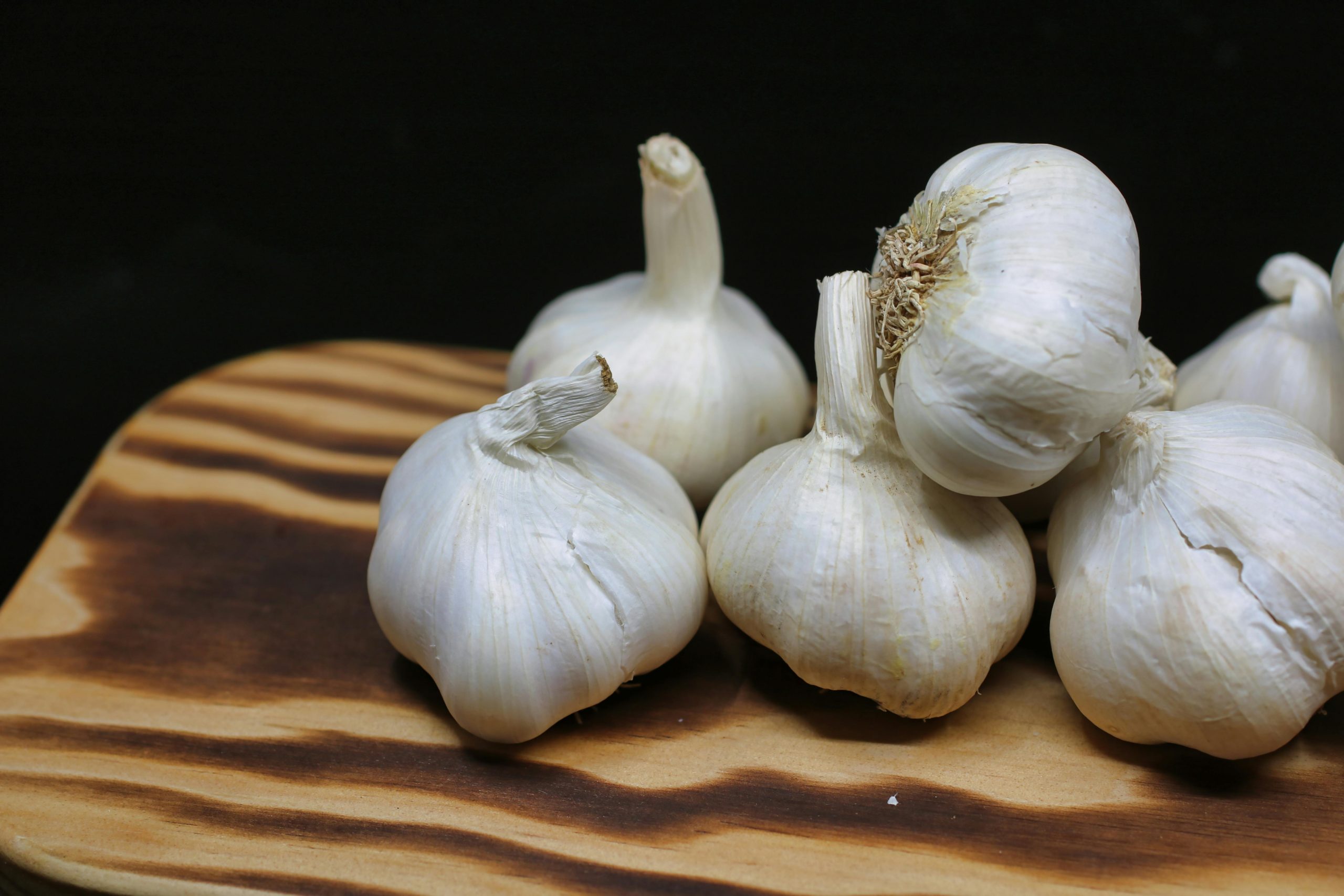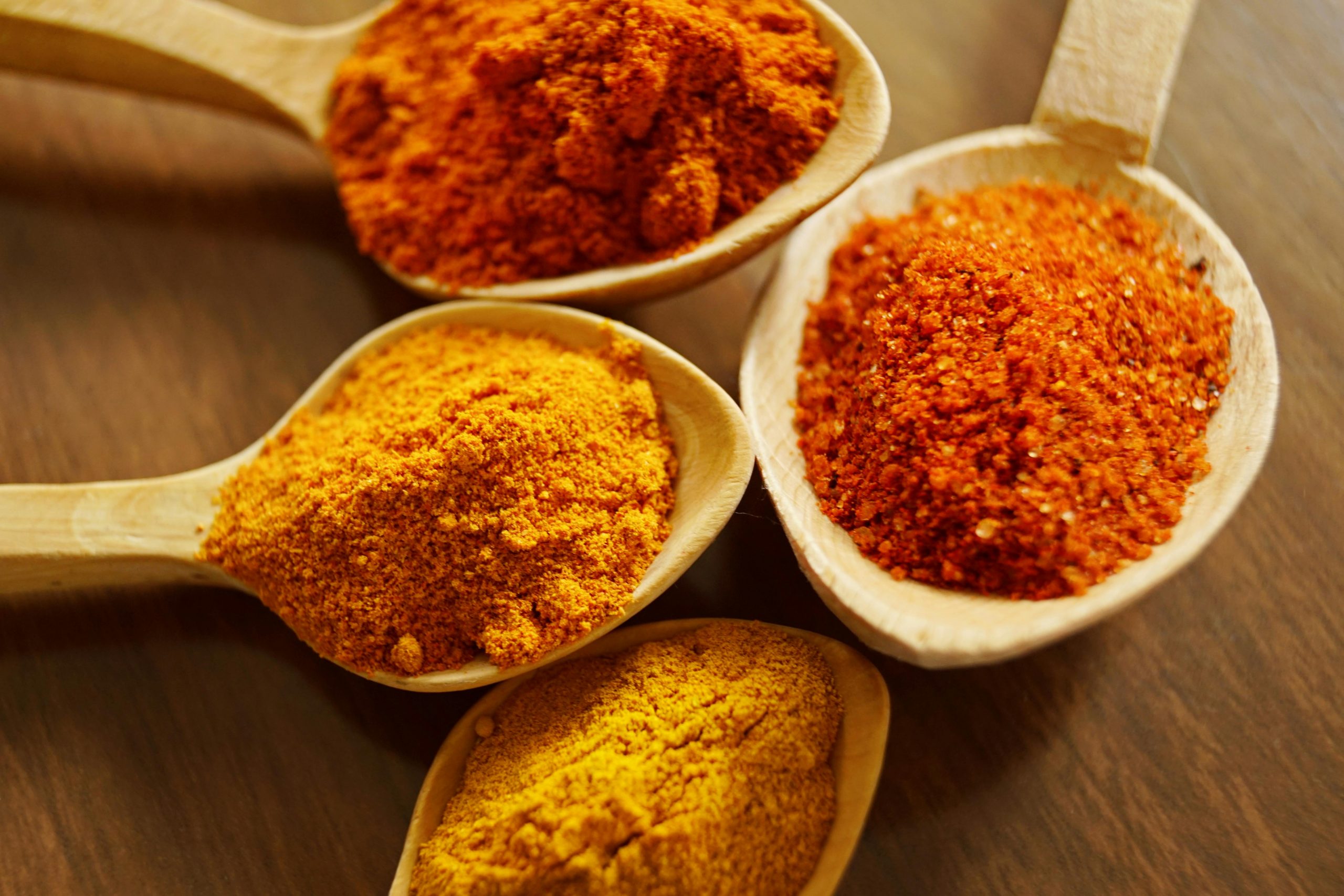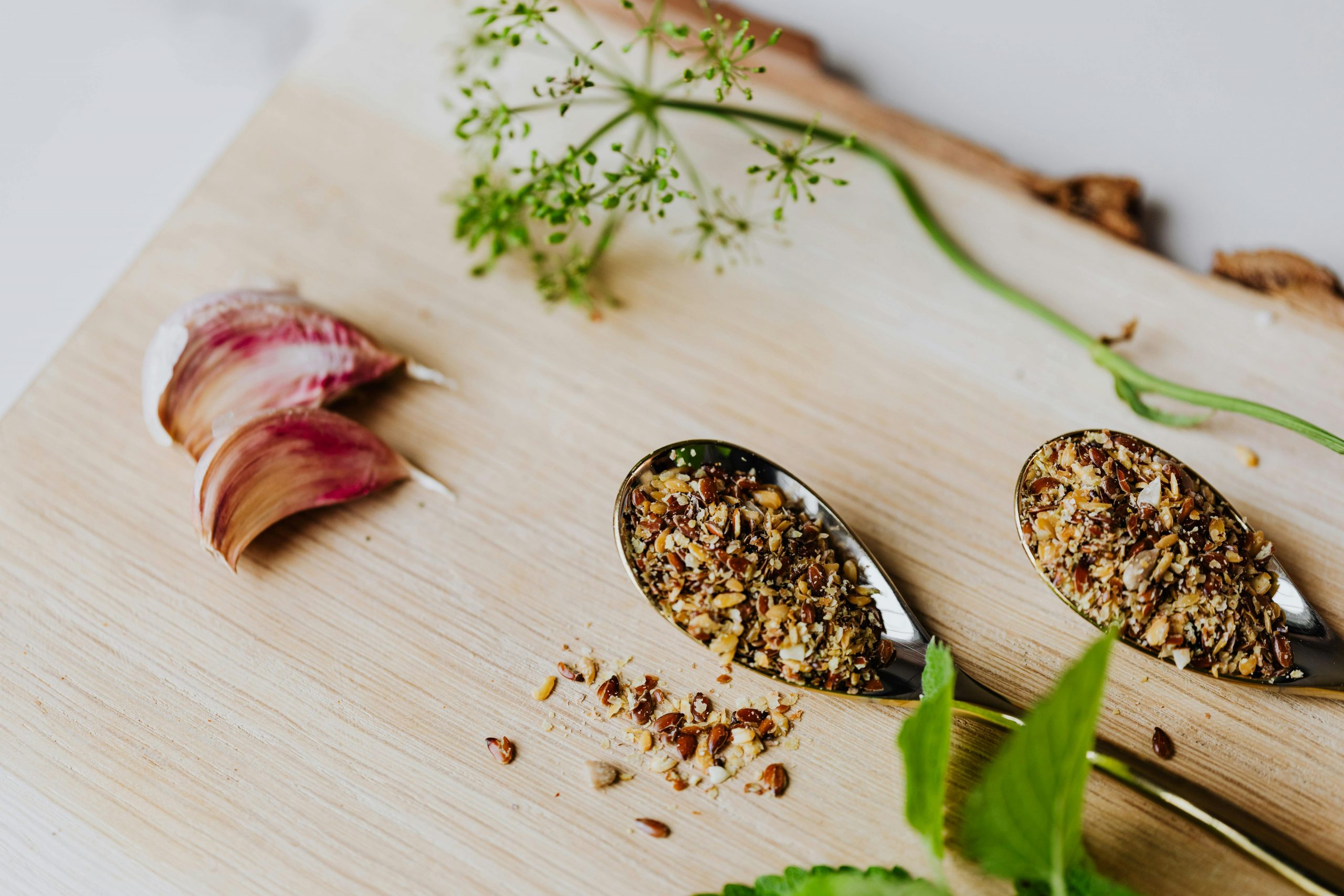Disclaimer: This content is for general dental information only and is not medical advice. Consult a licensed dentist for personal care.
Tooth infections can be painful and troublesome, often leading to swelling, redness, and even fever. Many people seek out natural remedies as alternatives to conventional antibiotics, which can come with side effects. But the question remains: What is the strongest natural antibiotic for tooth infection? In this article, we’ll explore the most effective natural antibiotics and remedies for tooth infections, discuss their benefits, and provide some tips on how to use them safely.
Understanding Tooth Infections: What Are They?
Before diving into the natural remedies, it’s essential to understand what a tooth infection is. A tooth infection, also known as an abscess, occurs when bacteria infiltrate the tooth or surrounding tissues, often due to untreated cavities, gum disease, or physical trauma. The infection can spread from the tooth’s pulp, the soft tissue inside the tooth, to the root and the surrounding bones. This can result in severe pain and discomfort, requiring prompt treatment.
If left untreated, a tooth infection can spread to other areas of the body, leading to more severe health issues. Traditional treatments usually involve antibiotics or drainage procedures, but some people prefer to try natural remedies before resorting to medication.
The Role of Natural Antibiotics
Natural antibiotics are substances derived from plants, herbs, or foods that possess antibacterial properties. These natural options often work by killing harmful bacteria or inhibiting their growth, similar to how synthetic antibiotics function. The advantage of natural antibiotics is that they tend to have fewer side effects and can often be found in your kitchen or garden.
But which ones are most effective when it comes to tooth infections?
1. Garlic: The Potent Natural Antibiotic

Garlic has been used for centuries as both a food and a medicine. It contains an active compound called allicin, which has powerful antimicrobial properties. Allicin has been shown to kill or inhibit the growth of a wide range of bacteria, including those that cause tooth infections.
How to Use Garlic for Tooth Infections:
- Raw Garlic: Crush or chop one or two cloves of garlic and let them sit for a few minutes to activate the allicin. Then, place the crushed garlic directly on the infected tooth or gums. Leave it on for a few minutes before rinsing your mouth with warm water.
- Garlic Oil: If raw garlic is too strong, you can use garlic oil. Apply a few drops of garlic oil to a cotton ball and gently dab it on the affected area.
Caution: Garlic can be potent, so be careful not to leave it on the affected area for too long, as it may cause irritation to your gums.
2. Clove: A Time-Tested Remedy for Tooth Pain
Cloves have long been regarded as a natural remedy for toothaches and infections. Clove oil contains eugenol, a compound that has both analgesic and antibacterial properties. Eugenol can help numb pain and fight off infection, making it one of the strongest natural antibiotics for tooth infections.
How to Use Clove for Tooth Infections:
- Clove Oil: Apply a few drops of clove oil directly to the infected area using a cotton ball or swab. You can also dilute it with a carrier oil (like coconut oil) if you find it too strong.
- Clove Powder: You can also make a paste from ground cloves mixed with water or honey and apply it to the infection.
Caution: Clove oil is potent, and excessive use may cause irritation to your gums or mucous membranes. Use it in moderation and always dilute it if necessary.
3. Oil Pulling with Coconut Oil: A Gentle but Effective Remedy
Oil pulling is an ancient Ayurvedic practice that involves swishing oil around in your mouth to remove bacteria and promote oral health. Coconut oil, in particular, is known for its antimicrobial properties due to the presence of lauric acid. Lauric acid can help fight off bacteria, viruses, and fungi, making coconut oil a great option for treating tooth infections.
How to Use Coconut Oil for Tooth Infections:
- Oil Pulling: Take a tablespoon of coconut oil and swish it around in your mouth for 10-15 minutes. Make sure to do this on an empty stomach, preferably first thing in the morning. Afterward, spit it out (never swallow the oil, as it may contain bacteria) and rinse your mouth with warm water.
- Topical Application: You can also apply a small amount of coconut oil directly to the infected tooth and gums.
Caution: Oil pulling can be time-consuming, so it’s essential to be consistent. Make sure you use organic, unrefined coconut oil for the best results.
4. Turmeric: The Golden Healer

Turmeric is another powerful natural remedy with significant antimicrobial and anti-inflammatory properties. The active compound in turmeric, curcumin, has been shown to have a broad spectrum of antibacterial effects, making it a valuable asset in treating tooth infections.
How to Use Turmeric for Tooth Infections:
- Turmeric Paste: Mix turmeric powder with a little water or coconut oil to form a paste. Apply this paste directly to the infected tooth or gum and leave it for 10-15 minutes before rinsing.
- Turmeric and Salt Rinse: Add a teaspoon of turmeric and a pinch of salt to a glass of warm water. Swish this mixture around your mouth to help reduce swelling and fight bacteria.
Caution: Turmeric can stain your teeth, so use it cautiously and rinse thoroughly after use.
5. Tea Tree Oil: The Antibacterial Powerhouse
Tea tree oil is known for its antiseptic and antibacterial properties, making it a potent option for combating tooth infections. It can help fight off the bacteria that cause the infection and reduce inflammation in the gums.
How to Use Tea Tree Oil for Tooth Infections:
- Diluted Tea Tree Oil: Add a drop or two of tea tree oil to a glass of warm water and use it as a mouth rinse. Be sure to dilute it, as tea tree oil can be harsh if used undiluted.
- Topical Application: You can also apply diluted tea tree oil directly to the affected area with a cotton swab.
Caution: Always dilute tea tree oil, as it can be toxic if swallowed or used in excessive amounts.
6. Salt Water Rinse: A Simple but Effective Remedy
Salt water is one of the simplest and most effective remedies for a tooth infection. It can help to reduce swelling, draw out infection, and soothe sore gums. While not as powerful as other natural antibiotics, salt water can be used as a complementary treatment.
How to Use Salt Water for Tooth Infections:
- Salt Water Rinse: Mix a teaspoon of salt in a glass of warm water and swish it around your mouth for about 30 seconds. Repeat this process several times a day, especially after meals, to help keep the infection under control.
7. Echinacea: The Immune Booster
Echinacea is a well-known herb that boosts the immune system and has antibacterial properties. It can help the body fight off infections, including those affecting the teeth. Echinacea may not be as potent as some other remedies, but it can be useful for supporting overall immune function.
How to Use Echinacea for Tooth Infections:
- Echinacea Tea: Brew echinacea tea and sip it several times a day to help boost your immune system.
- Echinacea Extract: You can also take echinacea extract in capsule form or as a tincture, following the manufacturer’s instructions.
How Long Does It Take for a Tooth Infection to Heal Naturally?
When dealing with a tooth infection, it’s natural to wonder how long it will take for natural remedies to show results. The healing time for a tooth infection can vary based on several factors, including the severity of the infection, the remedy being used, and your overall health.
1. Mild Infections:
For minor tooth infections or early-stage abscesses, natural remedies like garlic, clove oil, or oil pulling can help reduce symptoms such as pain and swelling within a few days. If you follow a consistent routine of applying these remedies, you may begin to see improvements in 2-3 days.
2. Moderate Infections:
If the infection is more pronounced but hasn’t spread too much, natural treatments may still be effective, but it might take a week or more for noticeable relief. Swelling and pain may decrease gradually, and you might feel better after around 5-7 days of consistent care.
3. How to Monitor Progress:
- Pain Reduction: If your tooth infection is improving, the pain should gradually lessen, and any swelling should go down.
- Swelling: If the swelling worsens or spreads beyond the immediate area of the infection, it’s a sign that the infection is not responding to natural remedies, and you need to seek professional dental help.
- Overall Health: If symptoms like fever or general malaise persist, it’s essential to consult a dentist or healthcare professional for further assessment.
While natural remedies can be a great start, patience is key. If there’s no improvement after a few days of treatment, or if the infection seems to worsen, don’t hesitate to reach out to a dental professional for proper care.
When to Seek a Dentist for Professional Help
While natural remedies can be effective for minor tooth infections, there are times when professional medical help is necessary. Here’s when you should consider seeking a dentist or healthcare provider:
1. Severe Pain
If you experience excruciating tooth pain that doesn’t improve with natural remedies, it could be a sign of a more serious infection, such as an abscess. A dentist can assess the situation and may recommend drainage or a root canal to address the infection.
2. Swelling and Redness
Swelling of the gums or face, especially when combined with redness and warmth, could indicate an advanced infection. If the swelling is significant or spreading, seek immediate dental care to prevent the infection from spreading further.
3. Fever
A fever accompanying a tooth infection is a sign that the infection is affecting your body systemically. This can lead to more serious health risks, such as sepsis. It’s crucial to see a healthcare professional for treatment.
4. Difficulty Swallowing or Breathing
If you experience difficulty swallowing or breathing, this could signal that the infection is spreading to deeper tissues or affecting your airways. Seek urgent dental or medical care.
5. No Improvement with Home Remedies
If natural remedies haven’t improved your symptoms after a few days, it’s time to consult a dentist. This is especially important in cases of infection after tooth extraction surgery, where delaying professional care can lead to complications like dry socket or abscess formation. You may require prescription antibiotics or other medical interventions to effectively treat the infection.
Final Thoughts: Which Natural Antibiotic is Best for Your Tooth Infection?
While all of the natural antibiotics mentioned above can help combat tooth infections, some may be more effective than others depending on the severity of your infection and your personal preferences. Garlic, clove, and coconut oil are among the most potent natural antibiotics, offering strong antibacterial and pain-relieving benefits. However, it’s always essential to consult with a healthcare provider or dentist, especially if the infection is severe or does not improve with natural remedies.
Natural remedies can be a great first line of defense, but they should not replace professional dental care when needed. If your tooth infection persists or worsens, it’s crucial to seek medical attention to avoid complications.
